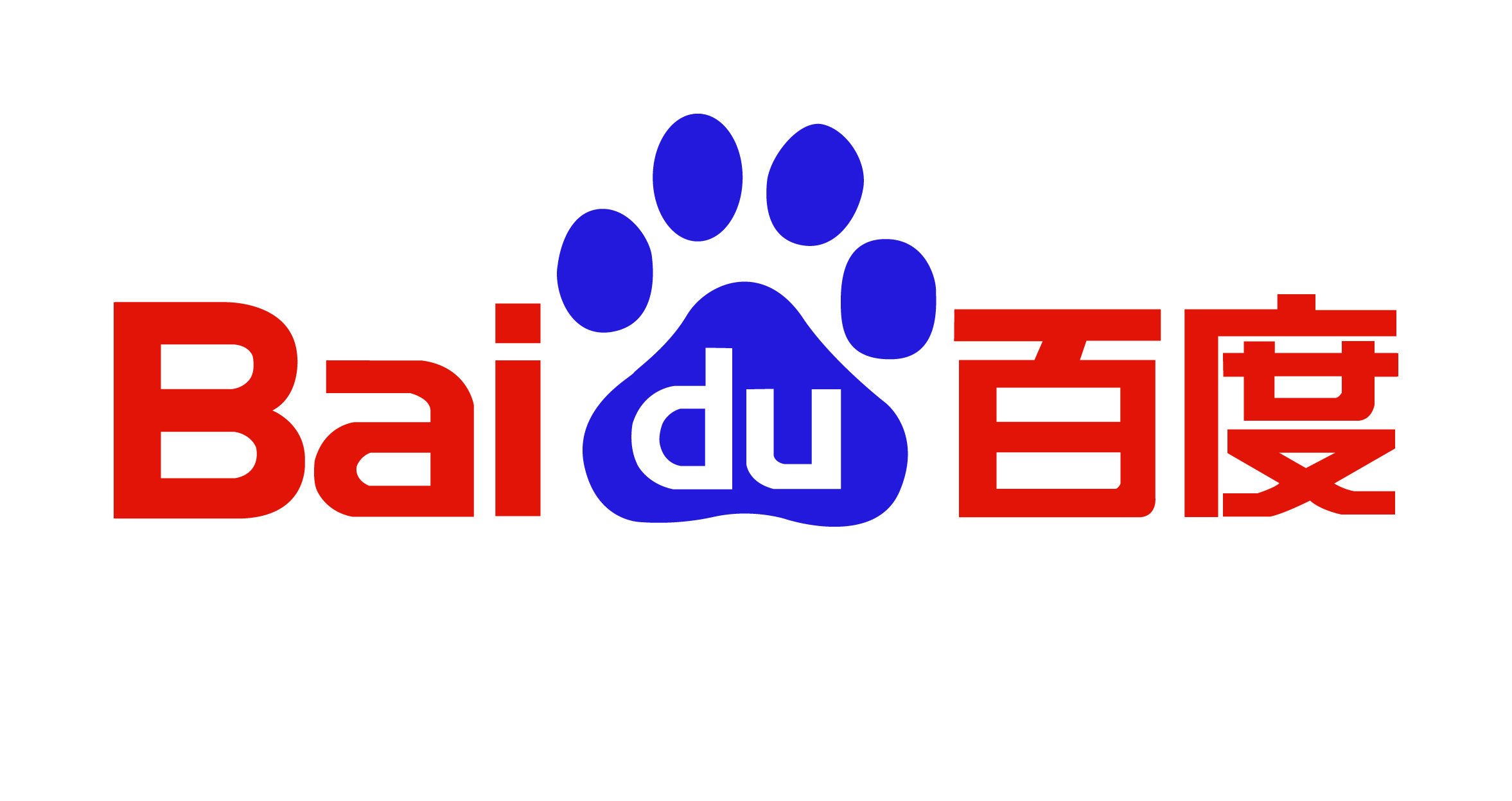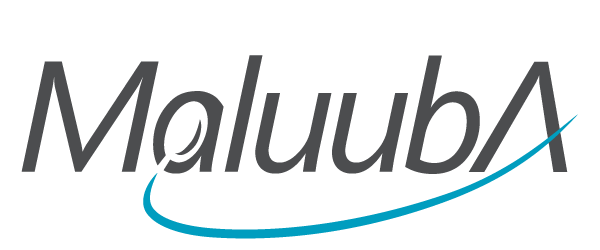NLP Approaches to Computational Argumentation
Noam Slonim, Iryna Gurevych, Chris Reed and Benno Stein
Description
Argumentation and debating represent primary intellectual activities of the human mind. People in all societies argue and debate, not only to convince others of their own opinions but also in order to explore the differences between multiple perspectives and conceptualizations, and to learn from this exploration. The process of reaching a resolution on controversial topics typically does not follow a simple sequence of purely logical steps. Rather it involves a wide variety of complex and interwoven actions. Presumably, pros and cons are identified, considered, and weighed, via cognitive processes that often involve persuasion and emotions, which are inherently harder to formalize from a computational perspective.
This wide range of conceptual capabilities and activities, have only in part been studied in fields like CL and NLP, and typically within relatively small sub-communities that overlap the ACL audience. The new field of Computational Argumentation has very recently seen significant expansion within the CL and NLP community as new techniques and datasets start to become available, allowing for the first time investigation of the computational aspects of human argumentation in a holistic manner.
The main goal of this tutorial would be to introduce this rapidly evolving field to the CL community. Specifically, we will aim to review recent advances in the field and to outline the challenging research questions - that are most relevant to the ACL audience - that naturally arise when trying to model human argumentation.
We will further emphasize the practical value of this line of study, by considering real-world CL and NLP applications that are expected to emerge from this research, and to impact various industries, including legal, finance, healthcare, media, and education, to name just a few examples.
The first part of the tutorial will provide introduction to the basics of argumentation and rhetoric. Next, we will cover fundamental analysis tasks in Computational Argumentation, including argumentation mining, revealing argument relations, assessing arguments quality, stance classification, polarity analysis, and more. After the coffee break, we will first review existing resources and recently introduced benchmark data. In the following part we will cover basic synthesis tasks in Computational Argumentation, including the relation to NLG and dialogue systems, and the evolving area of Debate Technologies, defined as technologies developed directly to enhance, support, and engage with human debating. Finally, we will present relevant demos, review potential applications, and discuss the future of this emerging field.
Outline
Part 1: Background (15 min)
- What is an argument? (5 min)
- What is argumentation? (5 min)
- Why do we deal with it? (5 min)
Part 2: Analysis tasks (75 min)
- Argumentation Mining Overview (5 min)
- Segmenting Texts into Argumentative Units (10 min)
- Classifying Types of Units (15 min)
- Classifying Relations between Units (15 min)
- Stance Classification and Polarity Analysis (10 min)
- Argument Quality (10 min)
- Argumentation Quality (10 min)
Coffee break
Part 3: Existing Resources and Benchmark Data (20 min)
- Existing Corpora (10 min)
- Debate Portals and Other Web Resources (5 min)
- Community Platforms (5 min)
Part 4: Synthesis tasks (40 min)
- Argumentation-oriented NLG (10 min)
- Argumentation-oriented Dialogue Systems (10 min)
- Debate Technologies (20 min)
Part 5: Demos and Applications (10 min)
- Demos and Potential Applications (10 min)
Part 6: Further Challenges and Outlook (15 min)
- Emotions, Bias and Social Context in Argumentation (5 min)
- Computational Argumentation in the years to come (10 min)
About the presenters
Iryna Gurevych is Full Professor of Natural Language Processing in the Computer
Science Department of the Technische Universitat (TU) Darmstadt. She heads the Ubiquitous Knowledge Processing (UKP) Lab and the Research Training Group ‘Adaptive Information Preparation from Heterogeneous Sources’ at the TU Darmstadt and Univ. of Heidelberg. Iryna has been working in the areas of lexical-semantic processing, discourse analysis and text mining with applications in social sciences and humanities for about 15 years. Her research interests have recently shifted towards NLP approaches to argumentation analysis. She is supervising several students working in this area and has published on this topic in the recent EMNLP, COLING and other conferences. Iryna has been co-organizer of the NAACL 2015 workshop on Argumentation Mining and the Dagstuhl seminar "Debating Technologies" in December 2015, she will co-organize the ACL 2016 workshop on Argument Mining in Berlin and co-chair the Debating Technologies track.
Prof. Dr. Iryna Gurevych, Technical University of Darmstadt, UKP
Lab, Department of Computer Science
Email:
Home page: https://www.ukp.tu-darmstadt.de/people/gurevych
Chris Reed is Full Professor of Computer Science and Philosophy at the University of Dundee in Scotland, where he heads the Centre for Argument Technology. Chris has been working at the overlap between argumentation theory and artificial intelligence for over twenty years, has won over $5.6m of funding from government and commercial sources and has over 140 peer-reviewed papers in the area including five books. He has also been instrumental in the development of the Argument Interchange Format, an international standard for computational work in the area; he is spear-heading the major engineering effort behind the Argument Web; and he is a founding editor of the Journal of Argument & Computation. He was co-organiser of COMMA 2014, of the first ACL workshop on Argumentation Mining in 2014, will be chair of the third workshop on Argument Mining with ACL in 2016, and has recently won funding for a $1m project on the topic in collaboration with IBM.
Prof. Chris Reed, Centre for Argument Technology, School of Science &
Engineering, University of Dundee
Email:
Web: http://arg.tech
Noam Slonim is a Senior Technical Staff Member (STSM) at IBM Research. He serves as the IBM Research Technical Lead of topics related to debate technologies, leading a team of more than 40 researches from several different IBM Research Labs around the world. His main research interest is in developing innovative applications that can enhance, support, and engage with human debating. Correspondingly, he is actively pursuing specific research questions around that area, mainly in the context of developing advanced text analysis applications. From a theoretical perspective, his research over the years has led to the development of various Machine Learning techniques for the analysis of textual and genomic data, that often stem from Information Theoretic concepts and algorithms. Noam has recently published at ACL, EMNLP, and COLING.
He has been a co-organizer of the Dagstuhl seminar "Debating Technologies" in December 2015, and is a co-organizer of the ACL 2016 workshop on Argument Mining in Berlin and co-chair of the Debating Technologies track.
Dr. Noam Slonim, IBM Research, Haifa University Campus, Mount
Carmel, Haifa, 3498825, Israel
Email:
Home page: http://researcher.watson.ibm.com/researcher/view.php?person=il-NOAMS
Benno Stein is chair of the Web Technology and Information Systems Group at the Bauhaus-Universitat Weimar. His research focuses on theory and algorithms for information retrieval, information extraction, and data mining. Since 2008 his group applies Big Data technology for research related to retrieval and extraction tasks. Among others, the group has developed effective and efficient methods for cross-language text reuse, document clustering, paraphrasing, and sentiment analysis. Benno is chair of the international workshop series TIR on
Text-based Information Retrieval, initiator and co-organizer of PAN, a research network dedicated to digital text forensics. He is co-founder and spokesman of the Digital Bauhaus Lab, a forthcoming interdisciplinary research center with advanced working environments for research in Computer Science, Engineering, and Media Art and Design.
Prof. Dr. Benno Stein, Bauhaus-Universitat Weimar, Web Technology &
Information Systems
Email:
Home page: http://www.webis.de








